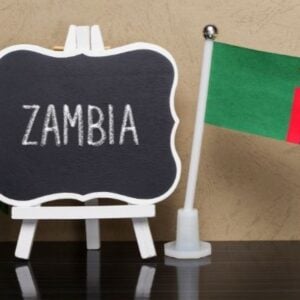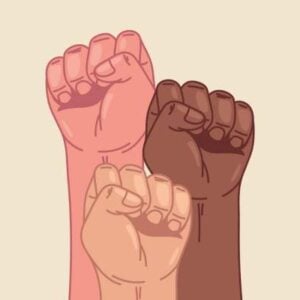On this International Day of the Girl, the focus is on celebrating the courage and leadership of girls worldwide, particularly those living amid crisis and conflict. Girls like Sandra Patricia Aguilar Carabalí in northern Cauca, Colombia, are challenging exclusion and taking active roles in protecting their land, communities, and peace.
Three decades after the Beijing Declaration, global efforts to uphold girls’ rights have yielded progress. Rates of adolescent motherhood have nearly halved, child marriage has declined, and many countries have implemented laws against discrimination and violence while expanding access to education and healthcare. These advances demonstrate the tangible impact of committed government and community action on girls’ rights.
Despite these achievements, significant challenges remain. Around 122 million girls are still out of school, nearly one in five young women aged 20–24 were married before 18, and 50 million girls have experienced sexual violence. Female genital mutilation (FGM) continues, with four million girls subjected to the practice each year, half before age five. At the current pace, eliminating FGM by 2030 would require progress 27 times faster.
In 2024, 676 million women and girls lived within close proximity to deadly conflict, facing disrupted education, heightened violence, and limited access to healthcare. The consequences of inaction are immense, reflected in lives lost and opportunities foregone.
The Gender Snapshot 2025 highlights that investing in adolescent girls yields broad benefits for children, communities, and economies. In Africa, such investments could generate an additional USD 2.4 trillion in income by 2040. Each additional year of secondary education increases a girl’s potential earnings by 10–20 percent, and comprehensive action across social protection, education, green economy, labour markets, innovation, and governance could lift 52 million more women and girls out of extreme poverty by 2030.
UN Women continues to stand with girls everywhere, supporting those whose rights are threatened, voices silenced, or leadership unrecognized. Thirty years after promising equality for girls, the global community is called upon to deliver on that promise.







